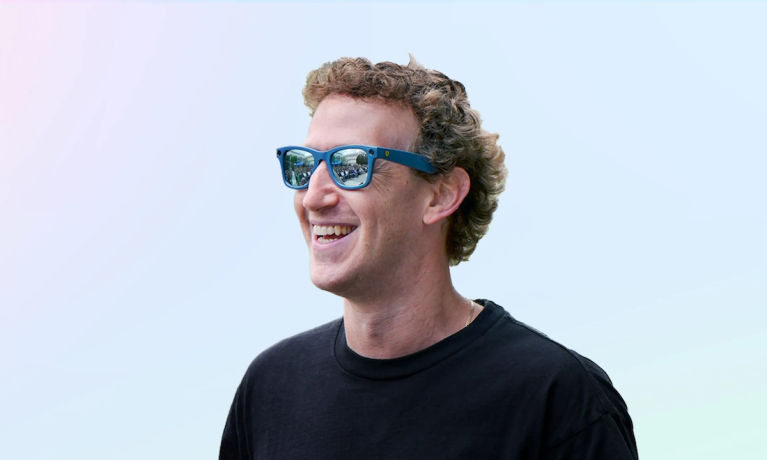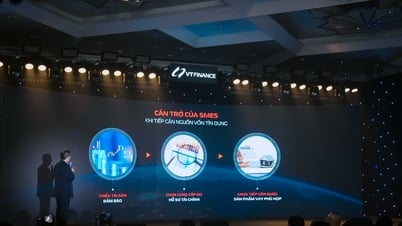Despite relentless layoffs to cut costs and drive efficiency, Mark Zuckerberg's bet on a single technology has cost Meta more than $60 billion in five years.
Mark Zuckerberg has spent tens of billions of dollars pursuing virtual reality (VR) and augmented reality (AR) headsets. Tech giants like Apple, Microsoft, Google, and Sony have also spent large sums of money over the years. However, so far none have succeeded.
Whether it’s high-end devices like the Apple Vision Pro or low-end devices like the Snap Spectacles, they’ve all had modest sales and have been quickly forgotten. Demand for these devices has yet to pick up.
However, this fact cannot stop the tech industry from trying and giving up the belief that one day, it will become a huge market.

VR/AR device sales have consistently been below forecasts. In 2024, research firm IDC estimates headset sales at 6-7 million, compared to a few years ago when analysts predicted 6-7 million units per quarter.
According to Meta’s filing, the company has lost more than $60 billion on the technology in the past five years. It only underscores one thing: there is a huge gap between the expectations of tech giants and the actual needs of users.
In public comments, Zuckerberg has said he will continue to pursue AR and VR technology and that investors should expect more big losses in the future. The Meta CEO’s goals are clear: He wants people to use a new computing platform instead of a phone, and he wants to interact with them on a platform without the interference of Google or Apple, as he does on mobile. That means he essentially wants to create the next iPhone and is willing to burn tens of billions of dollars on R&D.
To be fair, Meta has made some progress with its efforts. In the fall of 2024, Zuckerberg showed off prototypes of Orion smart glasses, which received positive feedback. If they become cheaper and work as advertised, Zuckerberg’s ambitions may become a reality.
(According to Insider)
Source: https://vietnamnet.vn/mark-zuckerberg-danh-roi-60-ty-usd-trong-5-nam-2364264.html


































































































Comment (0)